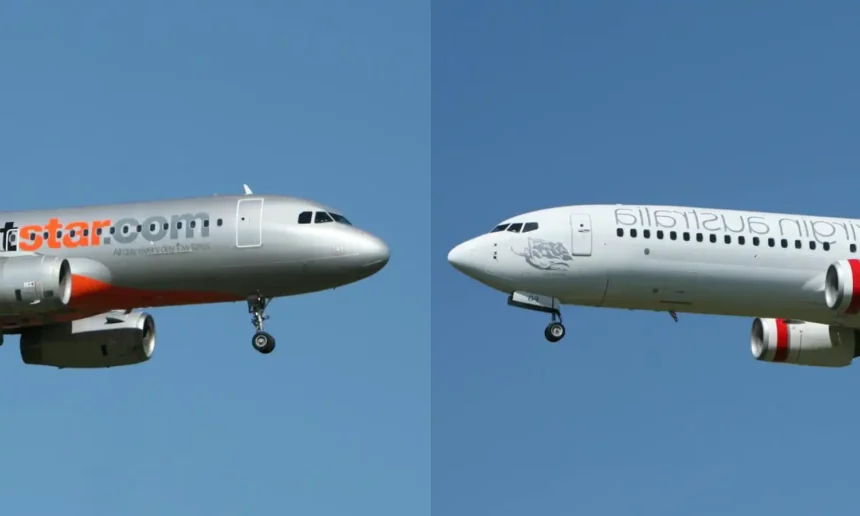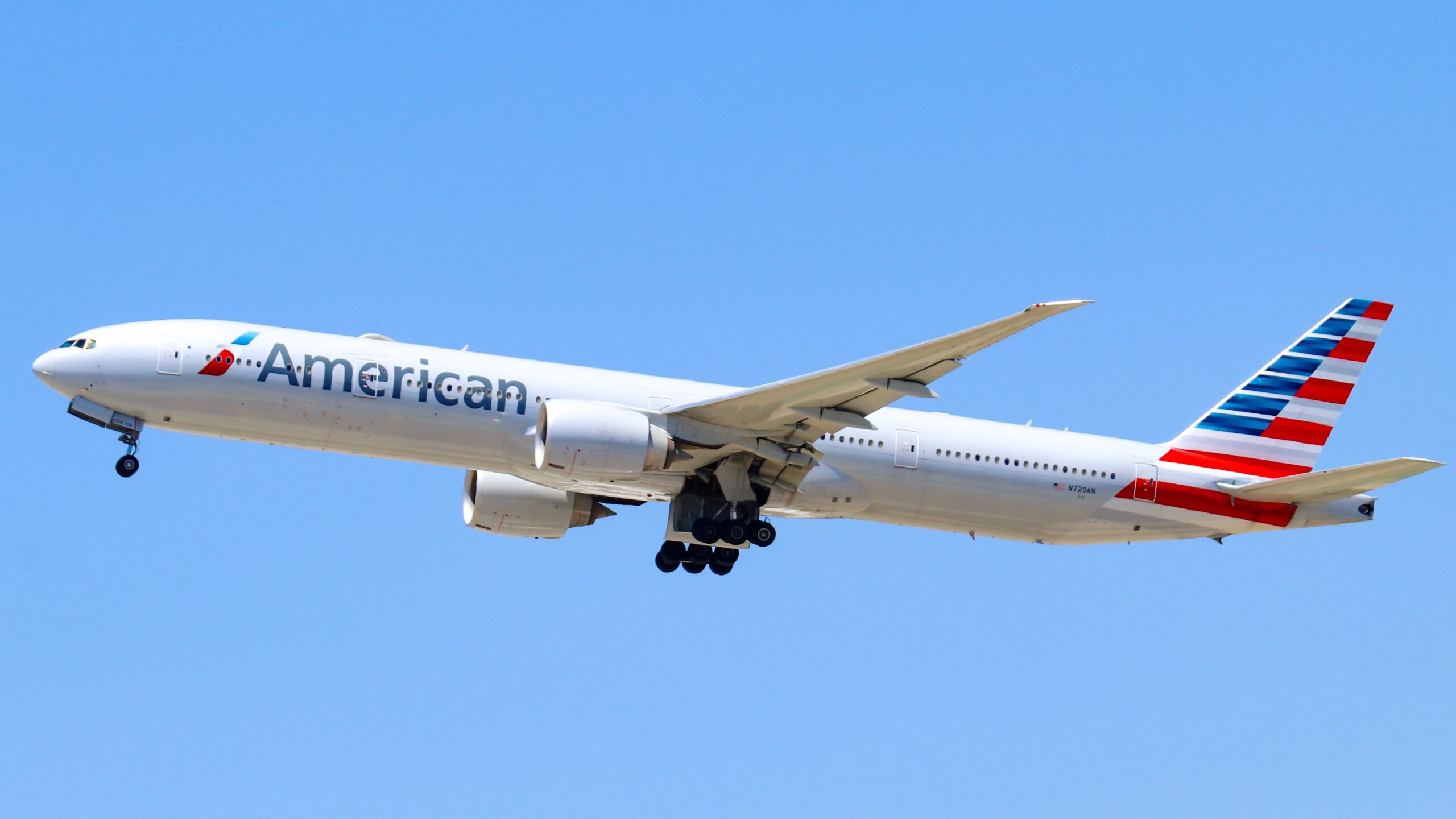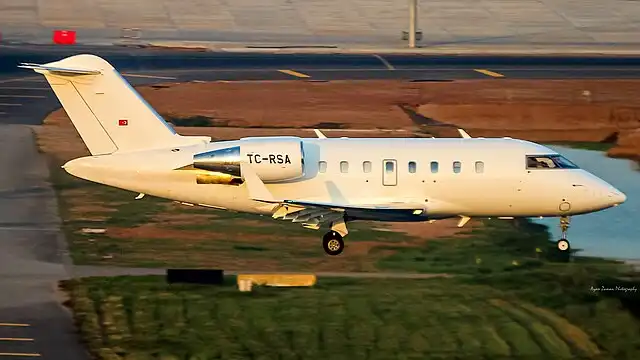The Fierce Battle for Commercial Aviation Supremacy
The Boeing vs Airbus market share competition represents one of the most consequential business rivalries in global commerce. As of mid-2025, this duopoly continues to define commercial aircraft manufacturing, with significant ramifications for international trade, technological innovation, and national economic interests. The battle between these aerospace giants has intensified following years of industry disruption, with recent data revealing surprising shifts in market positioning.

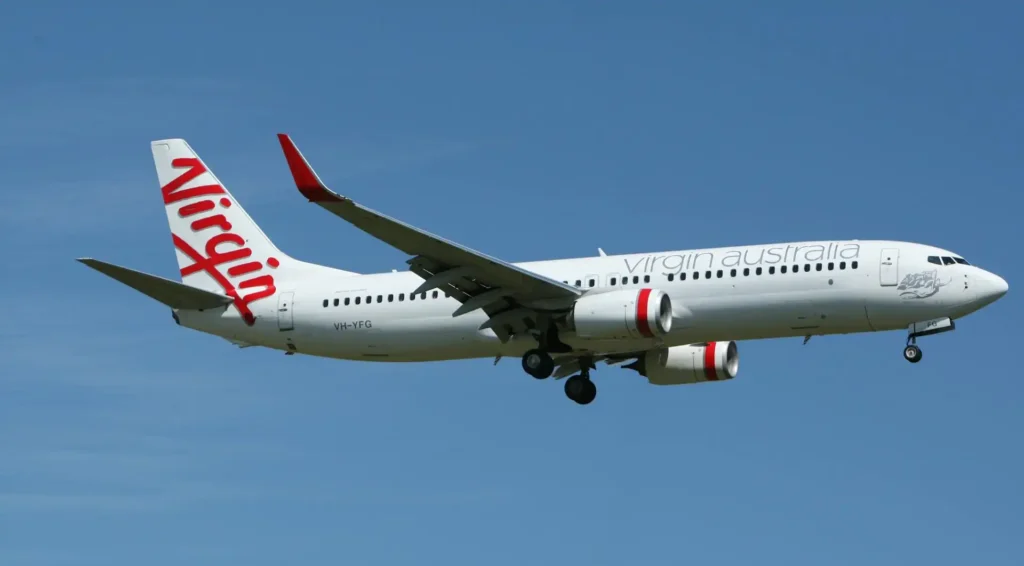
Current Boeing vs Airbus Market Share Analysis: The Numbers Tell a Troubling Story
Recent industry analysis from AeroDynamics International reveals that Boeing vs Airbus market share figures have shifted dramatically in recent years. As of Q1 2025, Airbus controls approximately 59% of the global commercial aircraft market, while Boeing holds around 41%. This represents a concerning trend for the American manufacturer, which held market parity with its European rival as recently as 2018.
Several factors have contributed to this substantial market shift:
- Production Efficiency Disparities: Airbus delivered 735 commercial aircraft in 2024, compared to Boeing’s 528 deliveries, according to AviationWeek’s annual manufacturer assessment. This production gap has persisted despite Boeing’s aggressive attempts to streamline manufacturing.
- A320neo Family Dominance: The Airbus A320neo family has secured over 8,500 orders to date, outperforming Boeing’s 737 MAX family by approximately 1,200 orders. The A320neo’s fuel efficiency improvements of 15-20% over previous generation aircraft have proven particularly attractive to airlines facing rising operational costs.
- Wide-body Market Competition: While Boeing traditionally dominated the lucrative wide-body segment with its 777 and 787 Dreamliner, Airbus has gained ground with its A350 XWB program, which has captured approximately 41% of new wide-body orders since 2020.
- Regional Growth Variations: The Boeing vs Airbus market share breakdown varies significantly by region, with Airbus showing particular strength in the Asia-Pacific market, where it holds nearly 65% market share among carriers expanding their fleets.
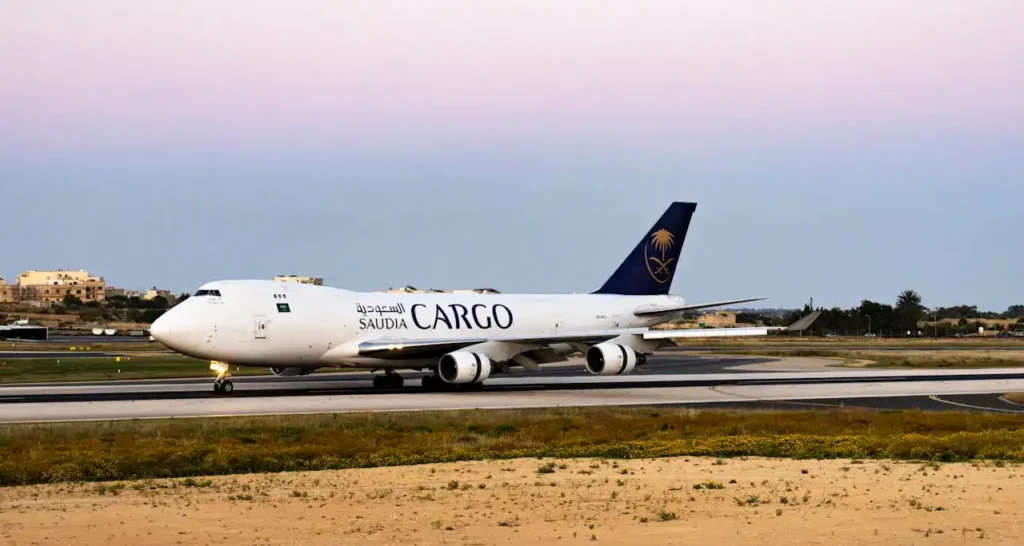
Strategic Positioning and Future Outlook
The Boeing vs Airbus market share competition extends beyond current delivery numbers. Both manufacturers are investing heavily in technological advancement and sustainability initiatives to secure future market position.
Boeing’s strategic priorities include:
- Resolving remaining safety and quality control issues affecting the 737 MAX program
- Accelerating development of its New Midsize Airplane (NMA) project
- Expanding services revenue through digital fleet management solutions
- Strengthening supply chain resilience through strategic partnerships and vertical integration
Meanwhile, Airbus has focused on:
- Ramping up A320neo family production to meet unprecedented demand
- Expanding its presence in emerging markets, particularly India and Southeast Asia
- Advancing its zero-emission aircraft program with hydrogen propulsion technology
- Strengthening its commercial aircraft services portfolio to compete with Boeing Global Services
Industry analysts from Morgan Stanley’s Aerospace Division project that Boeing vs Airbus market share competition will remain intense through 2030, with Airbus likely maintaining its lead unless Boeing successfully executes a comprehensive strategic reset.
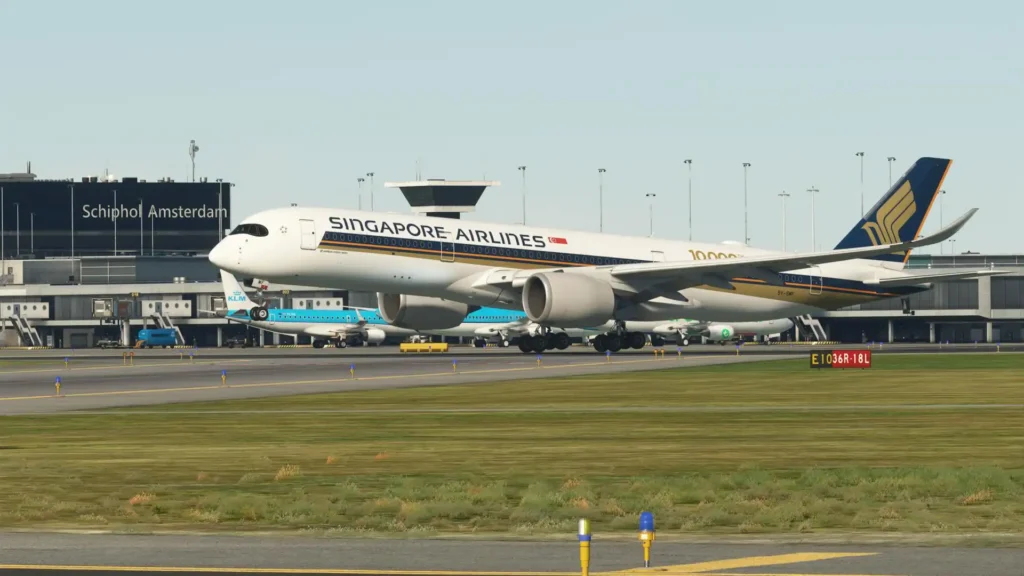
Impact on Airlines and Fleet Management Strategies
The evolving Boeing vs Airbus market share dynamic has profound implications for airline fleet management strategies. Carriers facing delivery delays and seeking fleet uniformity have increasingly committed to single-manufacturer strategies, benefiting Airbus in many cases.
Delta Air Lines, traditionally a balanced Boeing-Airbus customer, has shifted toward Airbus in recent years, with orders for A321neo, A330neo, and A350 aircraft. Similarly, United Airlines—once primarily a Boeing operator—has diversified with substantial Airbus A321XLR commitments to replace aging 757s.
The supply chain disruptions affecting both manufacturers have led to increased aftermarket values for existing aircraft, complicating fleet renewal strategies. Airlines operating mixed fleets report operational challenges related to maintenance complexity and pilot training requirements, factors increasingly influencing procurement decisions in the Boeing vs Airbus market share battle.
Frequently Asked Questions
Which company has delivered more aircraft historically, Boeing or Airbus?
Boeing maintains the all-time delivery lead with over 20,500 commercial aircraft delivered since its founding, compared to Airbus’s approximately 14,000 deliveries. However, Airbus has outpaced Boeing in annual deliveries every year since 2019, steadily eroding this historical advantage.
How did the 737 MAX crisis affect the Boeing vs Airbus market share balance?
The 737 MAX grounding between March 2019 and late 2020 created a significant market share opportunity for Airbus. During this period, Airbus secured approximately 1,100 orders that might otherwise have been contested, according to aerospace analyst firm Teal Group. This represented a critical inflection point in the Boeing vs Airbus market share competition.
What role does government support play in the Boeing vs Airbus competition?
Both manufacturers have historically received government support, though in different forms. Airbus has received launch aid from European governments, while Boeing has benefited from tax incentives and defense contracts. The WTO has ruled against both companies in a long-running subsidy dispute, with recent negotiations aiming to establish more equitable competition terms.
Which manufacturer is better positioned for the sustainable aviation transition?
Airbus currently leads in explicit zero-emission commitments with its hydrogen-powered ZEROe aircraft program targeting entry into service by 2035. Boeing has focused more on sustainable aviation fuel compatibility and incremental efficiency improvements. This difference in sustainability strategy may significantly impact Boeing vs Airbus market share in coming decades as environmental regulations tighten globally.
What advantages does each manufacturer maintain in specific market segments?
Boeing maintains stronger positioning in the freighter market, with approximately 90% market share in dedicated freighter aircraft. Airbus dominates the single-aisle market with its A220 and A320 families. The wide-body market remains more evenly contested, though Airbus has gained ground with strong A350 performance against Boeing’s 787 and 777X programs.
How have supply chain issues affected production capacity for both manufacturers?
Both manufacturers have faced significant supply chain constraints since 2021, with engine availability being a particular bottleneck. CFM International (powering both the 737 MAX and A320neo) and Pratt & Whitney (A320neo) have struggled to meet production targets, limiting both manufacturers’ ability to fully capitalize on robust order books.


